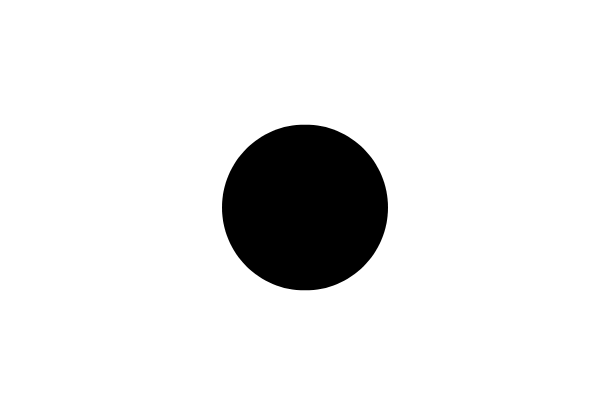
The obstinate Frenchman. The little European champ. Turn him off! Headlines like these appeared in Czech dailies last week in articles about President Nicolas Sarkozy. He earned these epithets thanks to his appeal to the car maker PSA Peugeot Citroën to bring back production from the banks of the Elbe to their home country. It wasn’t the most fortunate of statements, it smells like protectionism from a long way off. But before judging him or stoking the fire of sarcasm in the Czech media, let us try and look at the context that Sarkozy is coming from.
What would they say in Prague?
Three weeks ago, France saw a nation-wide union strike. The protest was against generous state subsidies for banks in connection with the crisis. The country can expect a repeat of social dissatisfaction this Thursday. The French are bitter taxpayers are subsidising big companies, and at the same time, these companies are laying off the taxpayers. Not to mention that long before the financial crisis, dozens of big French companies, for instance the famous Moulinex, made use of state subsidies only to partly or completely shut down their factories and move production to countries with cheaper labour. That is the case of Peugeot Citroën in the Czech Republic.
Sarkozy is basically the same as other EU politicians. In France they call it “delocalisation”. Czechs luckily don’t have this experience. But our workers at the Tatra plant in Kopřivice would surely not like it if their tax money was used to help save a company that would end up laying them off and moving the assembly of lorries to Ukraine, for instance.
Of course this is a French problem that France is grappling with because of its bad policy of state subsidies, the unreasonable taxation of businesses and its employee social benefits, which make the cost of labour too expensive. But the criticism levied against Sarkozy, more and more taking the form of sarcastic insults, is too simplistic without this context. Any European politician could have said what he said in an effort to calm things down. Maybe someone else would have used more diplomatic language than the French president, who, like the Czech premier, is known for not mincing his words.
Nothing new
Many say that Sarkozy is self-centred, egotistical, pathologically active and always seeking the limelight or front-page headlines. He is not happy about the Czech EU presidency and so he is taking initiative behind our backs and trying – as Czech papers write – to steal the presidency away from us. For instance during the military operations in Gaza or more recently when, together with German Chancellor Angela Merkel, he made the Czech presidency to call an extraordinary EU summit about the economic crisis. But he is more or less exhibiting the characteristics of the majority of today’s politicians. His hyperactivity just makes them more visible.
If, on the other hand, Topolánek and his team, which is currently presiding over the EU, wanted to put the brakes on Sarkozy’s activities, they would have every right to do that. All they would need to say is “It’s our turn now”. But Prague hasn’t sent out any such signal. In fact, in diplomatic circles one can hear that everything is happening in close co-operation with Paris.
And what did the Czech critics expect form Sarkozy anyway? France is the second biggest country in the EU and played an active role in the birth of the EU. Every member state has a right to speak out about international and European problems, but big countries will always have more initiative in this respect because the sphere of their interests is determined by their bigger size, population, wealth and influence. This has always been the case in politics, and the planned change in qualified majority voting in the European Council will not change that.
The fact that the current French president is exceptionally nimble and is thus changing the tradition of his predecessors, the boring Chirac and the ill Mitterrand, is nothing new. Even before the French presidency, he tried to tackle all sorts of problems on his own with mixed results. For instance, the negotiation about the release of the Bulgarian nurses, held captive in Libya or the failed attempt to resolve the crisis in Sudan.
In Europe, EU institutions, a common negative stance and a decisive “no” if necessary, can keep an eye on his desire to influence events and to be in the centre of action at all costs. This worked with his appeal that the carmaker PSA Peugeot Citroën return to France. Sarkozy took his statement back.
The French have it worse. The French constitution gives the president a great deal of power. What’s more, he is starting to influence the safety mechanisms against this power – an unbiased justice system, Senate and Parliament – through appointed officials, colleagues and close friends. That is for now the biggest difference. This has been so far the biggest change – doing away with the past, as promised to the French public in his presidential campaign. The question is where all this will lead.













